
- This event has passed.
The Roots of Moral Evil Book Launch
November 7, 2024 12:00 pm – 1:00 pm EST
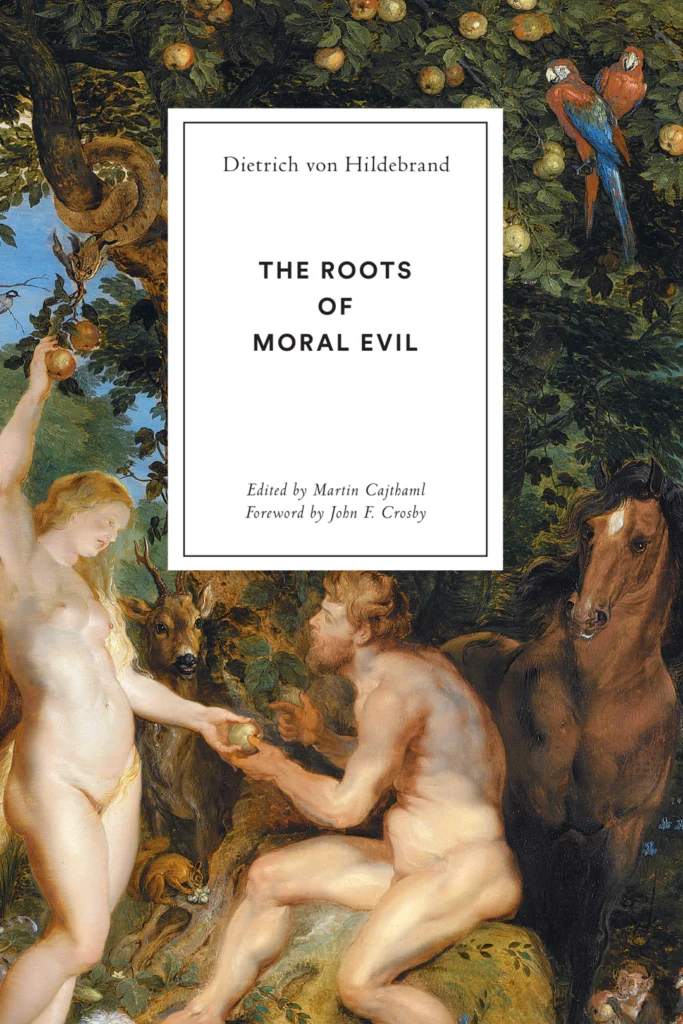
Join the Hildebrand Project on Thursday, November 7, at 12 PM ET for this virtual book launch for Dietrich von Hildebrand’s newly-discovered, previously unpublished work, The Roots of Moral Evil, published by Hildebrand Press.
This work was discovered and edited by Dr. Martin Cajthaml, a Hildebrand Project Associated Scholar.
Dr. Cajthaml will be joined by three distinguished colleagues to discuss this monumental discovery and the work by Dietrich von Hildebrand.
Dr. Mark Spencer | University of St. Thomas – Minnesota
Dr. John F. Crosby | Franciscan University of Steubenville
Christopher Haley | Hildebrand Project
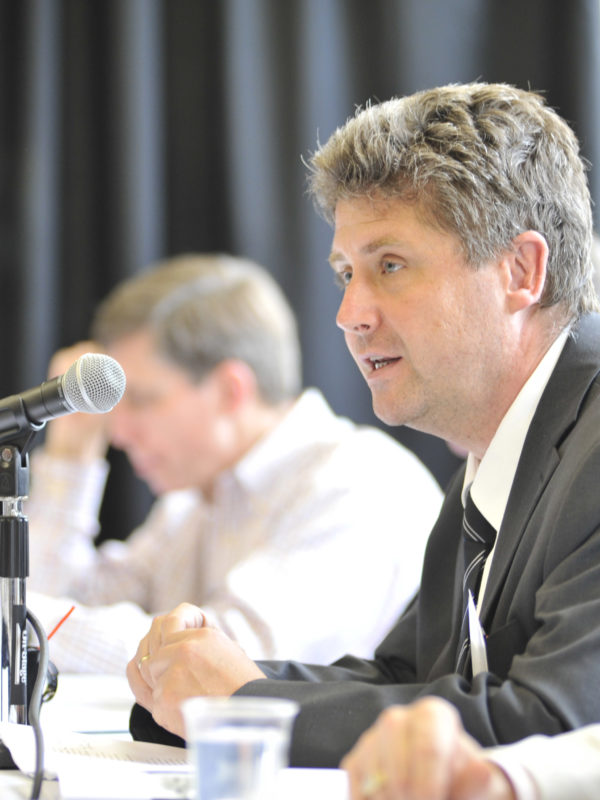
Martin Cajthaml
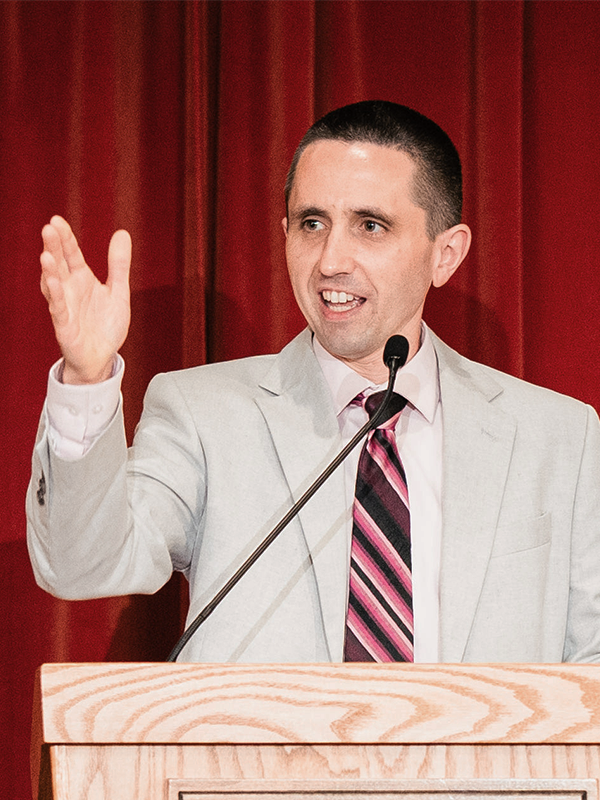
Mark K. Spencer
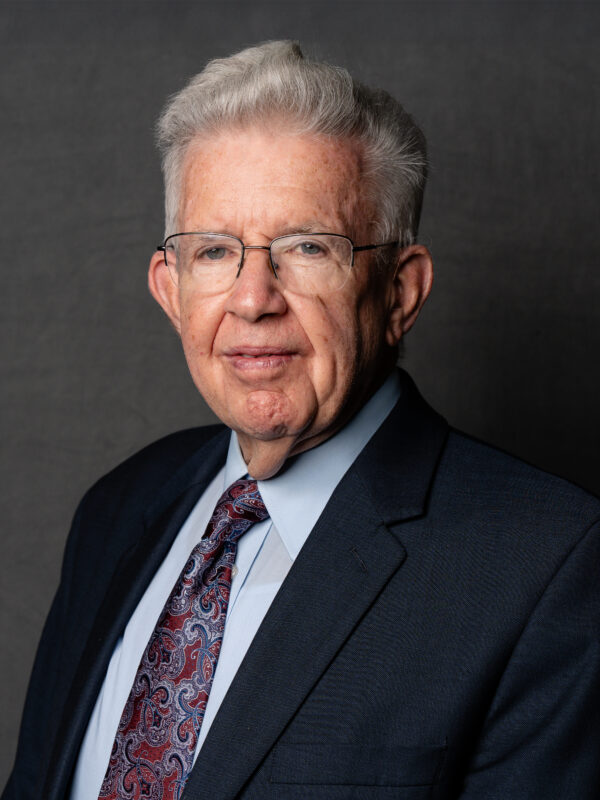
John F. Crosby
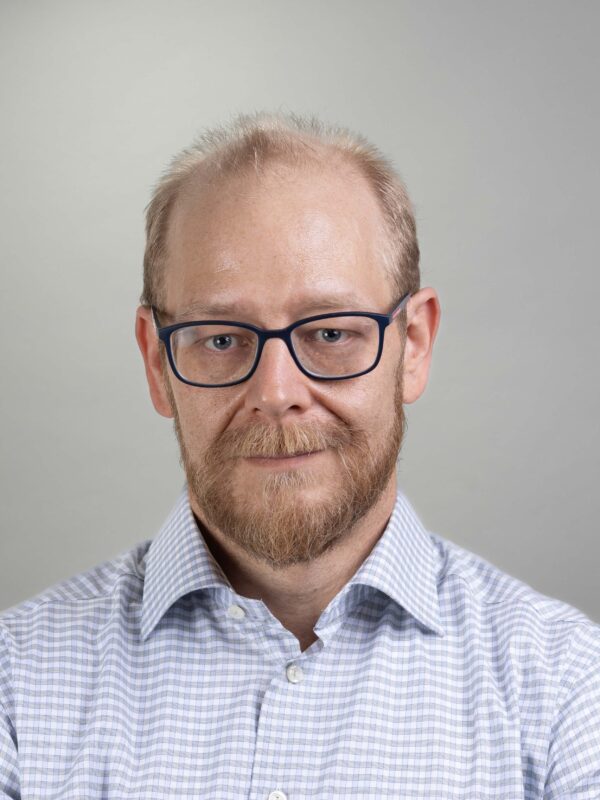
Christopher T. Haley
Each speaker will highlight an aspect of the book, followed by Q&A amongst the panelists and with the online audience.
The event is open to anyone. Please feel free to invite your friends and colleagues.
